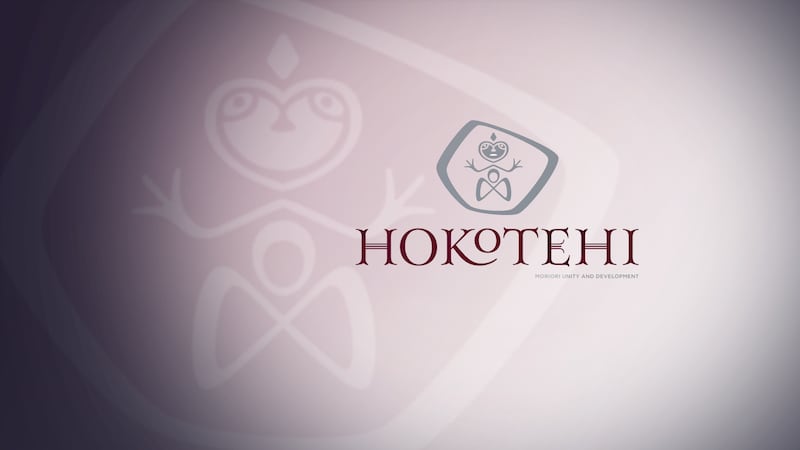Moriori want their own official week to celebrate their indigenous language to save it from extinction. A petition advocating for it was started in August this year and has nearly reached 4000 signatures, and the Hokotehi Moriori Trust hopes to see the language flourish again.
Hokotehi Moriori trustee petition organiser Chas Taurima has a genealogy tracing back to the Chatham Islands and he believes in the long-term effect these efforts will have.
“A lot of the things we are doing now, they likely won’t benefit this generation, but they will benefit our children and grandchildren. That’s what we’re looking towards,” he says.
Aotearoa celebrates over 10 language weeks every year, including Te Reo Māori, NZSL, Gagana Samoa and many more. Taurima says it is only right that the Moriori language should be treated in the same fashion.
“Something like a language week would give us a platform to rally our people, and to help our culture and language thrive, and bring everyone together as a way to celebrate the unique parts of what it means to be Moriori so they can be proud of it as well,” he says.
Though the Hokotehi Moriori Trust doesn’t yet know what the new government thinks about the idea and petition, its members think there would be benefits in having a week to celebrate the Moriori language.
Plan to keep promoting
“I’m really interested in seeing how things go. We’re always hopeful that, whoever is in government, they will support the cause and see the value in it, not just for Moriori but for all of New Zealand,” Taurima says.
Self-taught Moriori speaker Kiwa Hammond also says regardless of the decision to support the cause or not, they will continue to do what they need to, to ensure the language and culture survives.
“We will keep doing the work. That’s what we’ll do, regardless whether they agree or not, we will keep doing what we’re doing,” Hammond says.
The Moriori elder Hirawanu Tapu is remembered among the Moriori people, for his efforts to work with people to see the language and customs recorded on paper in the 1800′s to ensure its survival.
Nowadays, there are online resources that cater to the Moriori people, such as webinars teaching the language, hosted by Hammond, Moriori albums and dictionaries.
Taurima also says Hokotehi Moriori Trust is working with Stats NZ to improve statistics for population, current speakers and language proficiency.
“For the longest time it’s been difficult to gauge the number of Moriori due to having to select a number of sub-categories under “iwi” in the Census. But that is likely to change in the future and we are hoping to have those options more prominent, so we can get more reliable data about our people across a number of categories, including language,” he says.
The petition is digital and Hokotehi Moriori Trust aims to gather 5000 signatures to support the cause.

